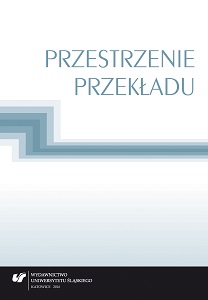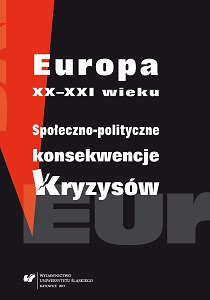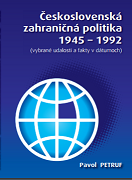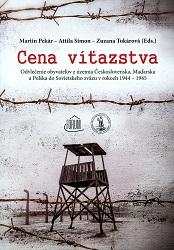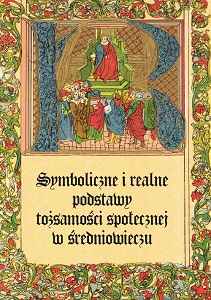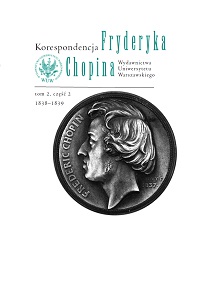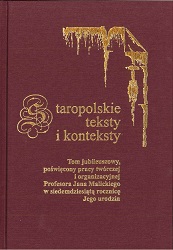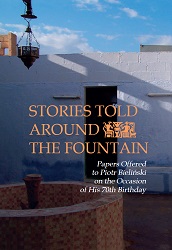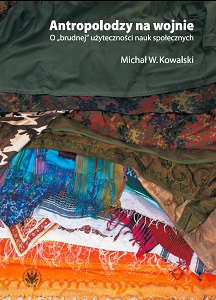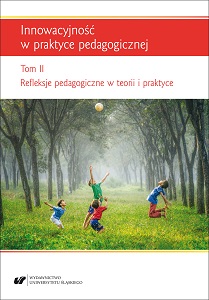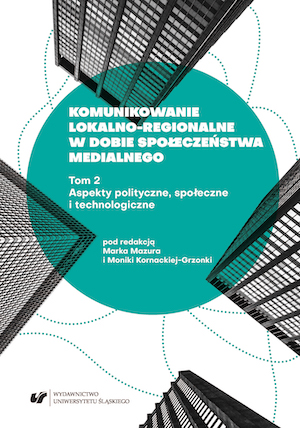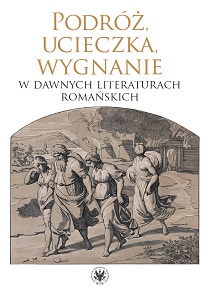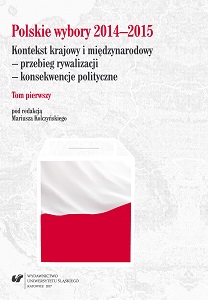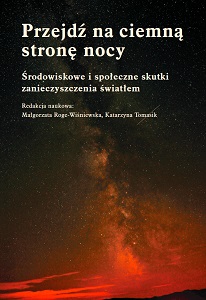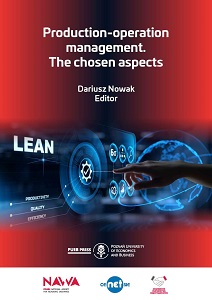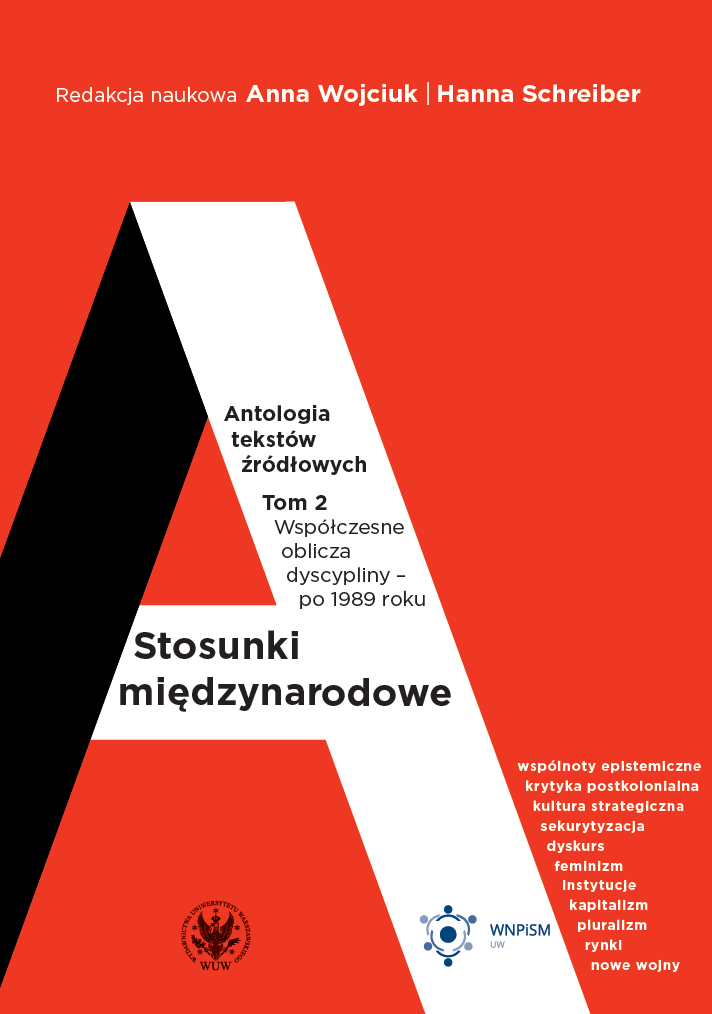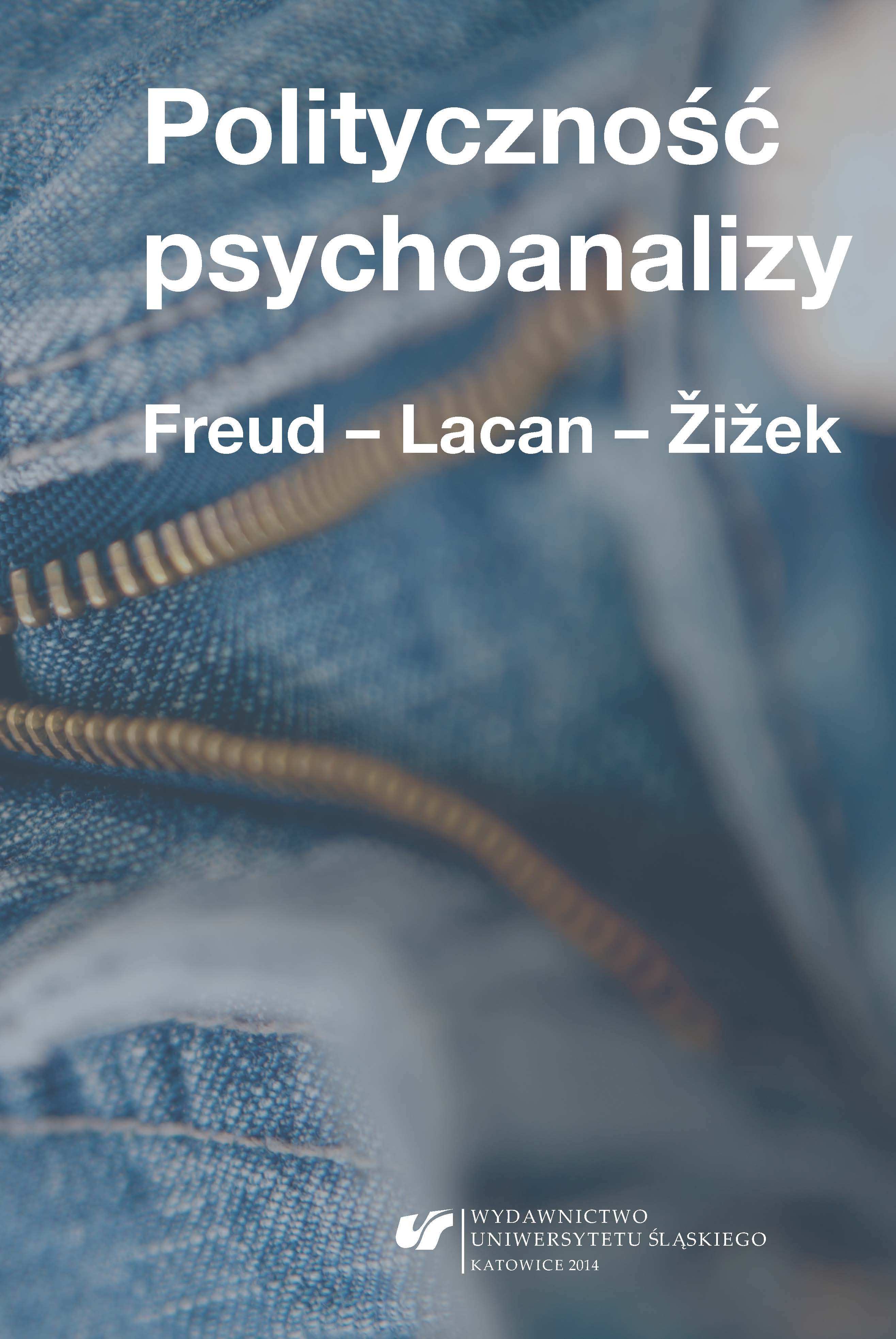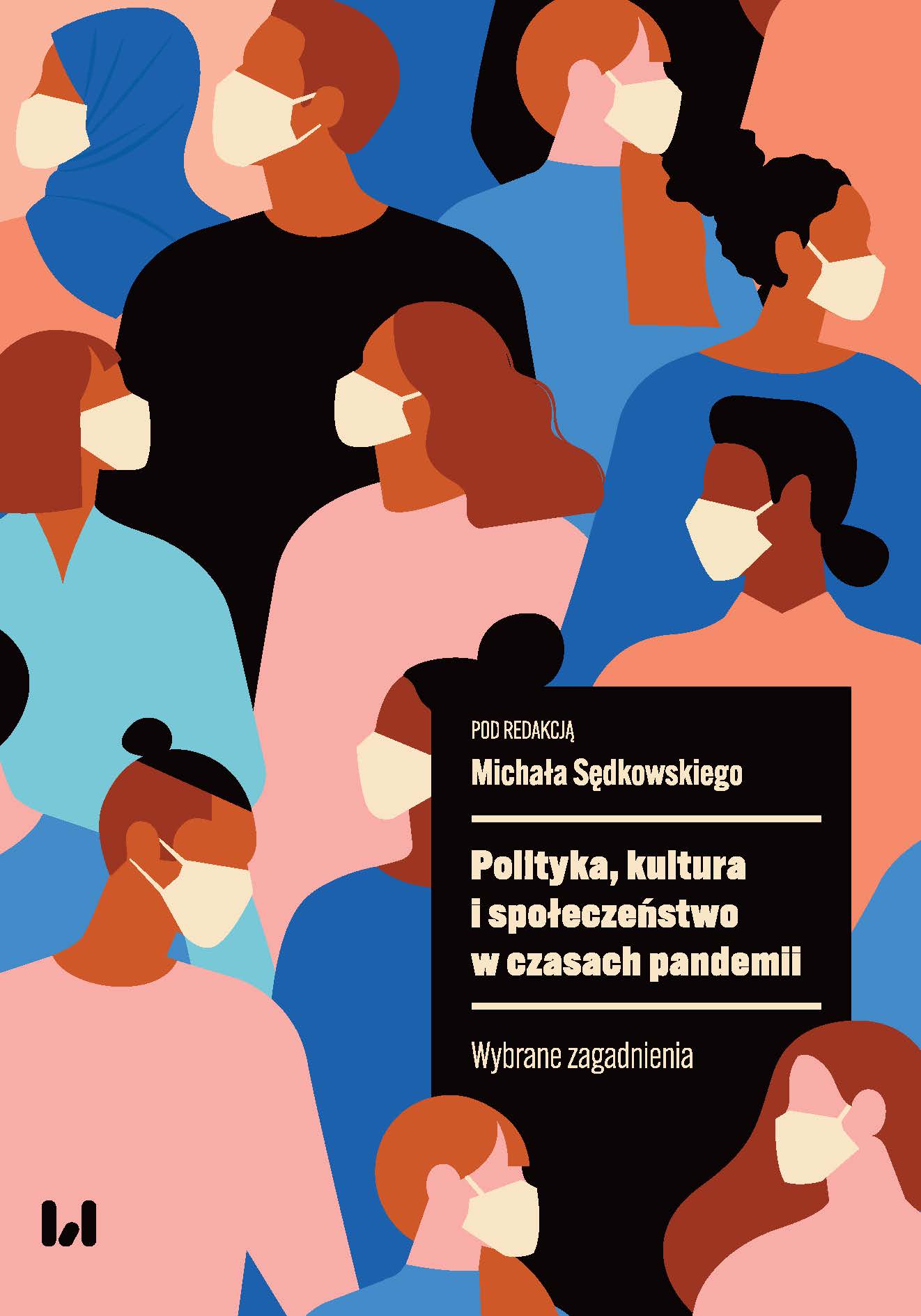Československá zahraničná politika 1945 – 1992 (vybrané udalosti a fakty v dátumoch)
Author(s): Pavol Petruf / Language(s): Slovak
Keywords: Czechoslovakia; Federal Republic; Czechoslovak Socialist Republic; foreign policy; diplomacy;
Nie je nijakým tajomstvom, že dejiny zahraničnej politiky určitého štátu – práve tak ako dejiny vo všeobecnosti – nemožno redukovať na číru „katalogizáciu“ jednotlivých historických udalostí a faktov zoradených v časovej postupnosti. Pokus objasniť určitý výsek minulosti len pomocou súboru rozličných základných dát v sebe skrýva úskalie aj preto, že informácie, ktoré takéto dáta obsahujú, sú vždy kusé: ich výpovedná hodnota sa pritom nedá zvýšiť jednoduchým hromadením ďalších základných historických údajov, ale len ich komentovaním alebo zhodnotením v tých prípadoch, keď si to ich povaha a vzájomná podmienenosť vyžaduje. Autor tejto chronologickej príručky vychádzal pri jej príprave z uvedených skutočností, ale zároveň aj z praxou overeného poznatku, že základné historické dáta samé osebe síce nemajú rozhodujúci význam pre poznanie minulosti, ale sú jeho nevyhnutným predpokladom. Navyše umožňujú poukázať na tie stránky minulého vývoja – v našom prípade československej zahraničnej politiky v rokoch 1945-1992 –, ktoré v prácach zovšeobecňujúceho rázu (ale i v učebniciach dejepisu určených pre rozličné typy škôl) chýbajú, lebo ich štruktúra je nevyhnutne iná než vecné členenie a obsahová náplň chronologického prehľadu. Zatiaľ čo v syntetických prá- cach sa v koreláciii so spracúvanou témou kladie dôraz na primeraný výber nosných faktov a čo najúplnejší popis súvislostí medzi nimi, cieľom publikácií zaoberajúcich sa „dejinami v dátumoch“ je priniesť čo najväčšie množstvo relevantných historických dát bez toho, aby sa pri každom uvedenom údaji obligátne poukazovalo na s ním spojené špecifické súvislosti. Tejto praxe sa v zásade pridržiaval aj autor príručky. O širších súvislostiach uvádzaných historických dát sa zmienil iba v tých prípadoch, keď si to ich obsah bezpodmienečne vyžadoval. Išlo najmä o udalosti, ktorých účinky boli dlhodobejšieho rázu, alebo ktoré svojím významom podstatne ovplyvnili agendu a aktivitu československej zahraničnej politiky v sledovanom období. Námatkovo možno v tejto spojitosti spomenúť napríklad Marshallov plán, inváziu vojsk piatich socialistických krajín do ČSSR v auguste 1968, problémy spojené s výstavbou sústavy vodných diel Gabčíkovo – Nagymaros atď. V uvedených prípadoch sa autor usiloval – v rozsahu, ktorý je pre daný typ publikácie únosný – podrobnejšie zachytiť sled s nimi spojených udalostí a súvislostí, alebo o nich aspoň obšírnejšie informovať. Používateľ tohto chronologického prehľadu sa však nesmie domnievať, že v ňom nájde všetky základné historické dáta týkajúce sa československej zahraničnej politiky v rokoch 1945-1992. Kompletná sumarizácia takýchto dát je prakticky nemožná už z technických príčin súvisiacich nielen s ich zhromaždením, ale i s následným publikovaním v rozsahu akceptovateľnom tak pre vydavateľa, ako i používateľa. Pri prácach tohto druhu preto vždy vzniká otázka, ktoré udalosti a fakty do nich zaradiť a ktoré z nich, naopak, vypustiť. Tak prichádza k slovu „subjektívny faktor“, t. j. názor zostavovateľa. Tento faktor je osobitne dôležitý najmä v prípade, ak autorom príručky je jedinec, a nie kolektív pracovníkov rovnako zasvätených do daného druhu práce a pripravených i povinných – najčastejšie formou priebežnej internej oponentúry – korigovať eventuálne nesprávne rozhodnutie týkajúce sa výberu historických dát. Bolo, napríklad, stiahnutie sovietskych vojsk z Afganistanu na sklonku osemdesiatych rokov minulého storočia udalosťou, ktorá stojí za krátku zmienku v chronologickej príručke k dejinám československej zahraničnej politiky v rokoch 1945-1992? V užšom zmysle ňou nemuselo byť, ale v širšom zmysle ňou zrejme bolo, lebo uvedený krok svedčil nielen o prehodnocovaní dovtedajších postojov sovietskeho vedenia k závažným dobovým medzinárodným problémom, ale bol aj signálom, že Kremeľ sa pod tlakom určitých okolností ocitol pred nutnosťou redukovať mocenské ambície ZSSR. Keďže tento fakt nemohol byť z hľadiska historickej perspektívy irelevantný ani pre československú zahraničnú politiku, autor tejto príručky sa priklonil k názoru, že o stiahnutí sovietskych vojsk z Afganistanu sa v nej treba stručne zmieniť. S podobnými dilemami bolo potrené sa vysporiadať v mnohých ďalších prípadoch. Pokiaľ ide o štruktúru práce, jej autor pokladá za potrebné uviesť, že pomerne veľké množstvo a vecná rôznorodosť údajov, ktoré obsahuje, si bezpodmienečne vyžadovali rozdeliť ju do viacerých častí. Ich názvy zreteľne hovoria o ich obsahu a uľahčujú vyhľadá- vanie potrebných údajov. Na ten istý účel slúži i menný register. Na tomto mieste si autor dovoľuje uviesť i niekoľko drobných praktických rád, ktoré môžu používateľovi pomôcť získať o hľadanej položke čo najviac informácií. Ak má záujem zistiť si napríklad údaj o určitej bilaterálnej zmluve uzavretej Československom s inou zmluvnou stranou, stačí mu nazrieť do časti venovanej dvojstranným zmluvám a v príslušnom dokumente vyhľadať požadovaný (základný) údaj (ak pozná rok uzavretia zmluvy alebo jej signatárov, stačí mu pozrieť si príslušný rok alebo si vypomôcť nahliadnutím do menného registra). Ak bola hľadaná zmluva uzavretá v Prahe a používateľ príručky má záujem zistiť, či zmocnenec druhej zmluvnej strany bol prijatý prezidentom republiky alebo iným vtedajším československým ústavným činiteľom, môžu mu byť nápomocné údaje uvedené v častiach týkajúcich sa prijatí hlavou štátu alebo iným ústavným činiteľom; ak potrebuje zistiť, odkedy boli s dotyčnou zmluvnou stranou udržiavané diplomatické styky, môže mu byť užitočná II. časť príručky. Kombináciou údajov z viacerých častí práce možno spravidla vždy získať ucelenejší súbor informácií o hľadanej udalosti alebo nejakom inom akte. Na druhej strane treba ešte raz pripomenúť, že limitovaný rozsah chronologickej príručky neumožnil jej autorovi ani v najväčšej stručnosti informovať napríklad o obsahu rokovaní na zasadaniach Výkonného výboru Rady vzájomnej hospodárskej pomoci. Tieto informácie môže záujemca nájsť buď v publikovaných dokumentoch a knižných prácach uvedených v zozname použitých prameňov a literatúry, alebo v niektorých prípadoch i v dobovej dennej tlači. Hľadanie mu uľahčí informácia o dátume konania príslušného zasadania alebo iného podujatia či udalosti, ktorá je v chronologickej príručke vždy uvedená. A ešte jednu vec nemožno ponechať bez krátkeho komentára: pri veľkom množstve uvádzaných historických dát sa nedá vyhnúť eventuálnemu omylu v datovaní niektorých historických udalostí alebo nepresnosti pri prepise mien niektorých menej známych historických osobností. Jedno i druhé môže byť spôsobené buď rozpornosťou údajov uvádzaných v použitých prameňoch a nevyhnutnosťou prikloniť sa k jednému z nich, alebo i nedopatrením pri prepisovaní textu. Počet takýchto prípadov by však v nijakom prípade nemal presiahnuť tolerovateľnú hranicu. Autor chronologickej príručky si záverom dovoľuje vysloviť názor, že jeho práca pomôže záujemcom o československú zahranič- nú politiku v rokoch 1945-1992 oboznámiť sa aspoň v skromnej miere i s tými jej stránkami a aktivitami, bez poznania ktorých by obraz o nej bol neúplný a azda i skreslený.
More...
